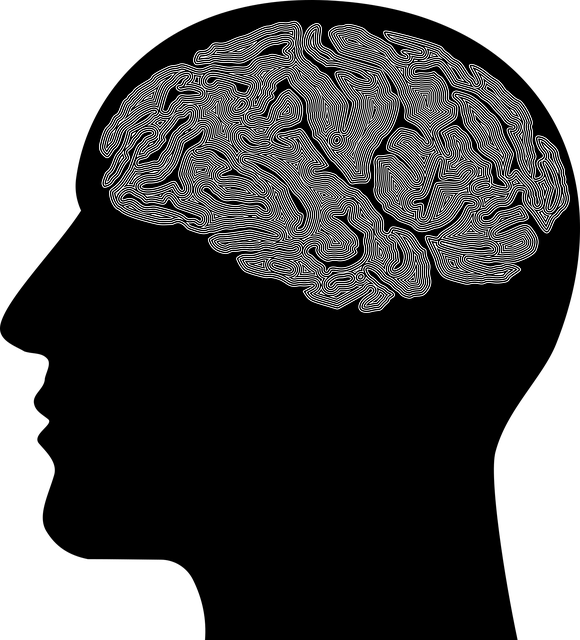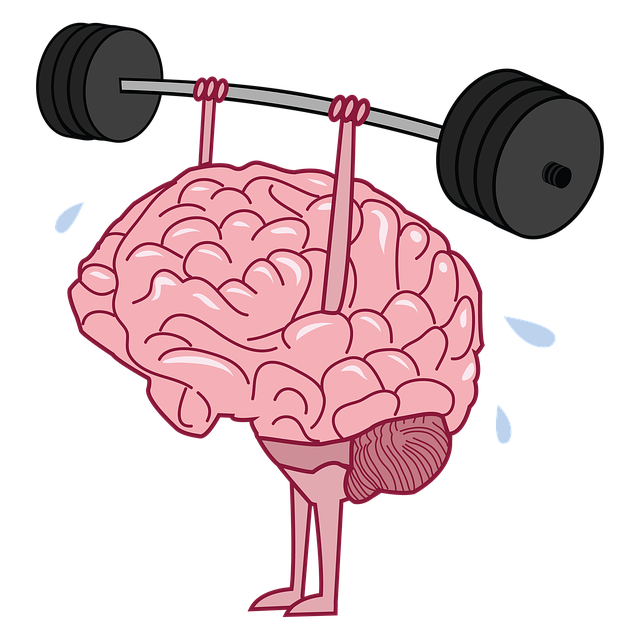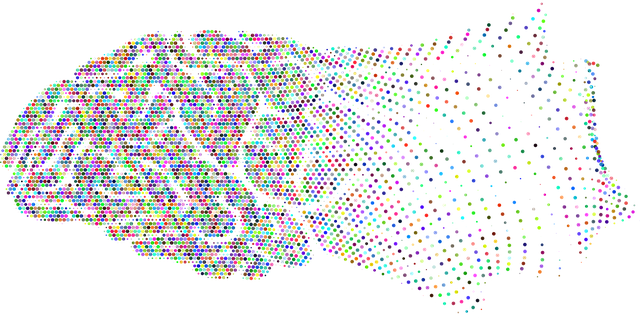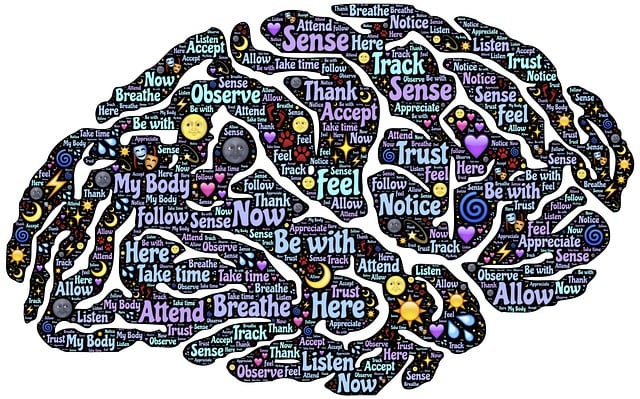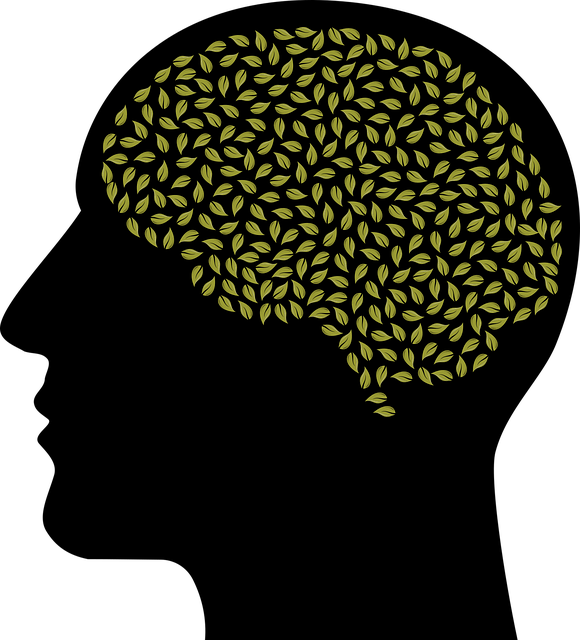Northglenn Cognitive Processing Therapy (NCPT) is an effective, integrated self-assessment tool for mental wellness. By combining cognitive processing techniques with proactive self-care strategies, NCPT helps individuals understand and challenge negative thought patterns, reduce stress, anxiety, and depression. This approach enhances cultural competency among healthcare providers, enabling them to better support diverse patient populations. Through interactive exercises and evidence-based practices, NCPT promotes emotional regulation, reduces stigma around mental illness, and contributes to a resilient, mentally healthy community.
Mental wellness self-assessment tools play a pivotal role in fostering individual awareness and guiding therapeutic interventions. This article explores the development of such tools, focusing on the integration of evidence-based practices like Northglenn Cognitive Processing Therapy (NCPT). We delve into adaptive assessment strategies, highlighting their importance in capturing nuanced mental health landscapes. By understanding these tools, professionals can create personalized support systems, enhancing clients’ journeys towards improved psychological well-being.
- Understanding Mental Wellness Self-Assessment Tools
- Integrating Northglenn Cognitive Processing Therapy
- Creating Effective and Adaptive Assessment Strategies
Understanding Mental Wellness Self-Assessment Tools

Mental wellness self-assessment tools play a crucial role in individual’s journey towards better mental health and well-being. These tools, designed to evaluate one’s cognitive processes, emotions, and behaviors, serve as valuable indicators of potential issues or areas for improvement. Northglenn Cognitive Processing Therapy (NCPT) is an innovative approach that integrates self-assessment techniques into therapy, empowering individuals to actively participate in their mental health management. By understanding one’s thought patterns, NCPT helps in identifying and challenging negative cognitive processes that contribute to stress, anxiety, or depression.
Self-Care Routine Development for Better Mental Health and Burnout Prevention Strategies for Healthcare Providers are closely intertwined with the use of such assessment tools. They facilitate proactive measures to maintain mental wellness, especially among healthcare professionals who often face high-stress environments. Incorporating NCPT techniques into routine self-care practices can enhance cultural competency among providers (Healthcare Provider Cultural Competency Training), enabling them to better support diverse patient populations and address their unique mental health needs.
Integrating Northglenn Cognitive Processing Therapy

Incorporating Northglenn Cognitive Processing Therapy (NCPT) into self-assessment tools for mental wellness offers a transformative approach to addressing various psychological challenges. NCPT, known for its effectiveness in treating trauma and anxiety disorders, focuses on reframing negative thought patterns and enhancing cognitive flexibility. By integrating this therapy’s principles, self-assessment platforms can provide users with powerful insights into their mental health states. This method encourages individuals to challenge unhelpful cognitions, thereby reducing the stigma associated with mental illness.
The process involves tailoring NCPT techniques to create interactive exercises within the assessment tools. For instance, these tools could incorporate stress management workshops designed around cognitive restructuring, helping users identify and modify distressing thought cycles. Additionally, social skills training elements can be included to foster better emotional regulation and communication, addressing a crucial aspect of overall mental wellness. Such comprehensive integration ensures that individuals not only gain awareness of their mental health but also acquire practical strategies for managing it effectively.
Creating Effective and Adaptive Assessment Strategies

Developing effective self-assessment tools for mental wellness requires a nuanced approach that adapts to individual needs and experiences. Northglenn Cognitive Processing Therapy (NCPT) offers a valuable framework by focusing on cognitive processes and their impact on emotional regulation. This therapy encourages clients to identify and challenge negative thought patterns, thereby enhancing their ability to manage stress and improve overall mental health. By integrating NCPT principles, self-assessment strategies can be tailored to support individuals in understanding their unique cognitive landscapes.
Moreover, incorporating aspects of Mental Health Policy Analysis and Advocacy ensures that these tools not only aid personal growth but also promote broader community well-being. Encouraging emotional awareness and effective coping mechanisms through programs like Emotional Regulation and Mental Wellness Coaching Programs Development can contribute to a more resilient and supportive society. This adaptive assessment approach, grounded in evidence-based practices, paves the way for personalized interventions and fosters a culture of mental health awareness.
Mental wellness self-assessment tools play a pivotal role in empowering individuals to take charge of their mental health. By integrating evidence-based approaches like Northglenn Cognitive Processing Therapy, these tools can provide adaptive and effective strategies for understanding and managing emotional well-being. As we continue to navigate the complexities of modern life, the development of such resources is essential in fostering resilience and promoting a healthier mental landscape.

